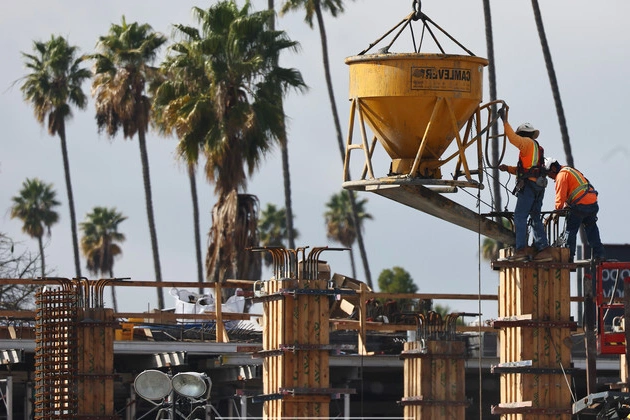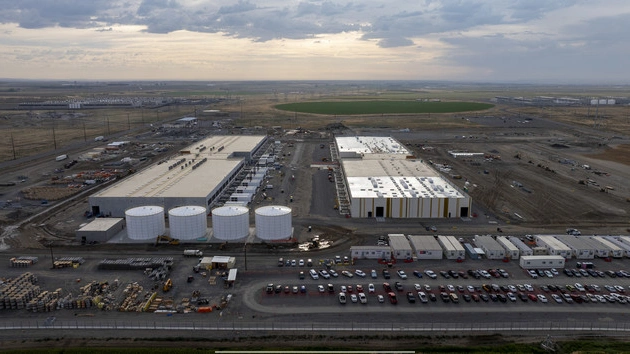
California is facing a significant shift in its environmental regulations as Gov. Gavin Newsom and state lawmakers reach a compromise to narrow the scope of the California Environmental Quality Act (CEQA) in a recent budget deal.
The newly passed budget bill, AB 131, carves out exemptions for a range of projects from CEQA requirements, such as wildfire fuel breaks, water system upgrades, portions of the high-speed rail project, and advanced manufacturing facilities like semiconductor and electric vehicle plants.
The Environmental Impact
This move has sparked strong reactions from environmental groups, with concerns raised about the potential rollback of environmental reviews for polluting facilities in the state. Asha Sharma, the state policy director of the Leadership Counsel for Justice and Accountability, criticized the decision, linking essential services like health care and education to this policy change.
Environmental advocates view CEQA as a crucial law that ensures construction projects not only assess but also address their environmental impacts. On the other hand, pro-growth advocates argue that CEQA hinders critical housing, infrastructure, and industrial development.
Stakeholder Responses
The introduction of AB 131 prompted intense lobbying efforts from both environmental and labor groups over the weekend, as they scrambled to influence the outcome. Despite opposition, the bill swiftly passed through the Senate and Assembly, demonstrating significant support from lawmakers.
While some legislators and environmentalists expressed dismay over the rapid turnaround and perceived lack of transparency, others defended the decision as a necessary compromise. Sen. Scott Wiener highlighted the removal of certain ambitious reform ideas from the bill due to pushback from environmental groups.
Future Implications
The passage of AB 131 signals a significant change in California’s approach to environmental regulations, with potential ripple effects on other legislative priorities. The focus now shifts to addressing provisions related to advanced manufacturing, tribal consultation, and endangered species protections in follow-up legislation.
Despite the victory for industry and pro-housing groups, opposition remains strong among labor and environmental organizations concerned about the environmental impact of exempting manufacturing facilities from CEQA review.
As the political landscape continues to evolve, stakeholders on all sides are preparing for ongoing debates and potential amendments to address lingering concerns about environmental oversight and community impacts.
Stay informed about California’s environmental policies by subscribing to POLITICO’s California Climate newsletter for the latest updates on climate change and regulatory developments.















